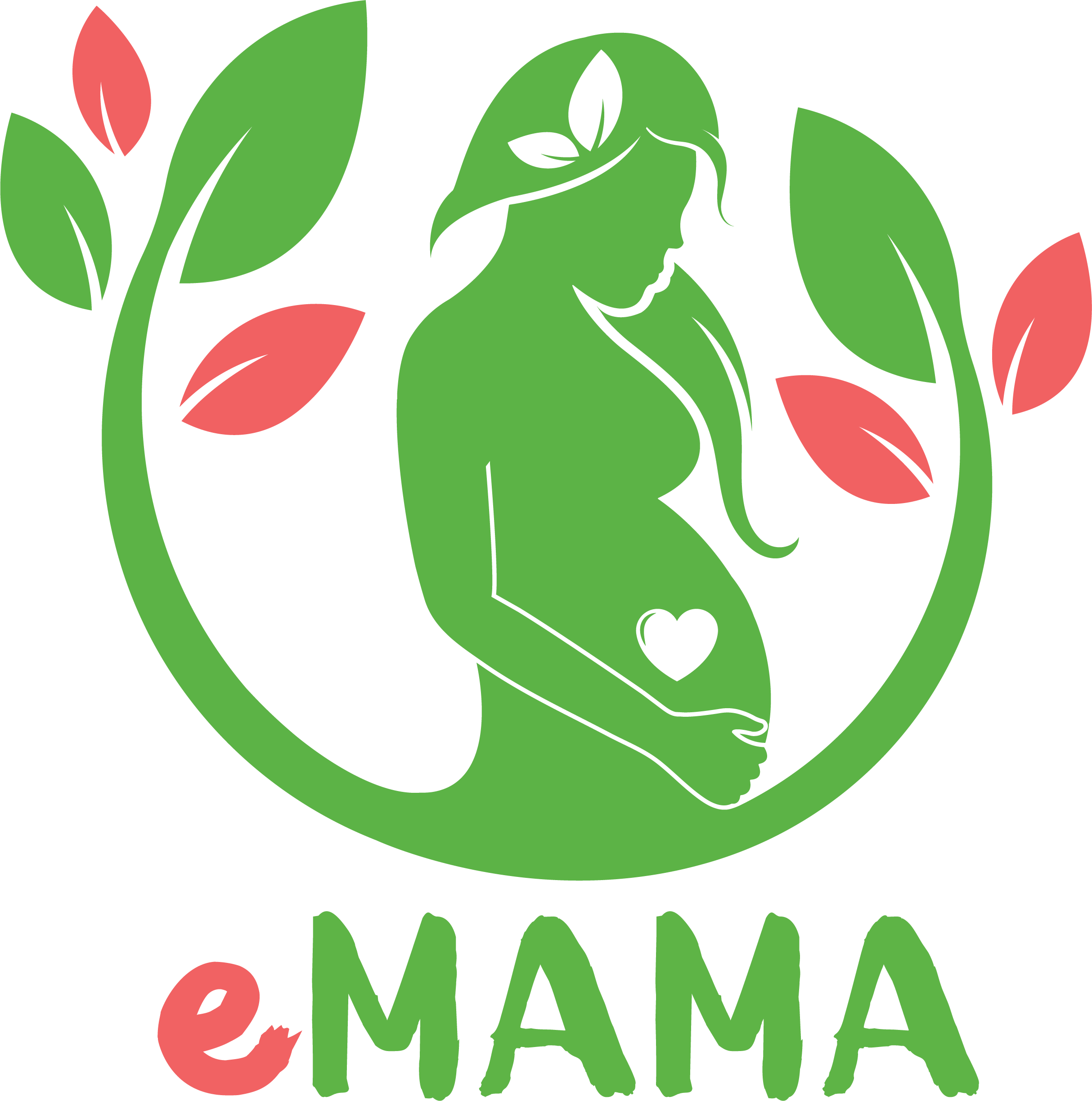In supporting and commemorating World Maternal Mental Health Day (1 May 2024) to raise awareness about maternal mental health, it is also important to understand maternal mental. This write-up therefore explains what is maternal mental health and the burden of common maternal mental health issues.
Maternal mental health refers to the emotional well-being of women during pregnancy, childbirth, and the postpartum period (World Health Organization, 2016). It is also known as perinatal mental health.
Studies have reported that the perinatal period is a time characterized by increased risk for emotional disorders such as depression, anxiety, and trauma-related disorders, especially in the presence of stress conditions (Chauhan & Potdar, 2022). It is also the particularly vulnerable period in women’s lives that implies significant physiological and psychological changes that can place women at higher risk for depression and anxiety symptoms (Ahmad & Vismara, 2021).
Some systematic reviews have shown that the global burden of common maternal mental health problems such as depression ranges from 15% to 65% (Dadi et al., 2020). Similarly, another common maternal mental health, anxiety disorder, its overall prevalence is reported to be ranging from 9.0% to 21% for any anxiety disorder (Dennis et al., 2017). These conditions impact a pregnant woman in different ways and result in poor mental health outcomes. These impacts include preterm labor, low birth weights, early neonatal developmental problems and young adult mental and social problems (Ahmad & Vismara, 2021).
Different studies have also reported delays in treatment in the perinatal period (Moore & Pytlarz, 2013). Some of the consequences of the delay of the treatment in maternal mental health are poor fetal outcomes such as small gestational age, and decreased fetal growth (Moore & Pytlarz, 2013). Furthermore, untreated maternal mental health disorders result in preterm labor and birth; and poor neonatal adaptation.
Some concerns have also been reported that the service providers need to be well knowledgeable to help pregnant women. This will consequently improve the delivery outcomes, including the mental health of both the mother and the baby.
However, it is important to understand the knowledge of healthcare educators on perinatal mental health, review the curriculums that healthcare workers who help pregnant mothers use for their training, and also finally understand the current knowledge of healthcare workers who are helping pregnant women whether they have adequate knowledge to help a pregnant woman on perinatal mental health issues.
eMAMA project therefore comes with innovative studies to understand these aspects including developing an app that will be used in teaching and early identification of perinatal mental health problems.
For some women, becoming pregnant and giving birth can be quite stressful. They may be followed by a decline in mental health and lead to mental diseases in the perinatal stage. Undiagnosed and untreated prenatal mental health disorders can have detrimental, unanticipated effects on women’s parenting abilities and the development of their offspring (Khajehei, 2015). The verbal, social, emotional, and cognitive development of the child may be hampered by mentally ill mothers’ inability to provide for their children’s needs promptly and by their unfavourable mother-child bond. For mentally ill women who meet certain risk factors, the incidence of pregnancy-related problems and interventions related to postnatal health is even higher. What should we do then? To be able to care for their infants and build a solid parent-child bond and attachment, mentally ill mothers and their partners require extensive help and counselling (Khajehei, 2015).
Therefore it is crucial to address maternal mental health because it not only affects the mother’s well-being but also has implications for the health and development of the child and the family as a whole (Ahmad & Vismara, 2021). Research has shown that untreated maternal mental health issues can lead to adverse outcomes such as poor maternal-infant bonding, developmental delays in children, and long-term mental health problems for both the mother and child (Moore & Pytlarz, 2013).
Recognizing the importance of maternal mental health, healthcare providers have developed screening tools and interventions to identify and support women who may be experiencing mental health challenges during the perinatal period. These interventions may include counselling, therapy, medication, peer support groups, and education about self-care strategies. As we remember Maternal Mental Health Day, it is therefore important to remember that there is help which can be sought. Women should be psych-educated on where and when they can get maternal mental health services. (World Health Organization, 2016)
Furthermore, there has been a growing emphasis on promoting maternal mental health through public health initiatives, community-based programs, and policies aimed at reducing stigma, increasing awareness, and providing accessible mental health services for pregnant and postpartum women. In the eMAMA project we want to contribute to the body of knowledge in terms of addressing the gap which is there among health educators as well as health service providers in maternal mental health.
In summary, maternal mental health is a critical aspect of overall well-being for women during the perinatal period, and addressing it effectively requires a comprehensive approach involving healthcare providers, families, communities, health educators and policymakers.
Written by Japhet Myaba, eMAMA Project Coordinator, KUHeS
References:
Ahmad, M., & Vismara, L. (2021). The Psychological Impact of COVID-19 Pandemic on Women’s Mental Health during Pregnancy: A Rapid Evidence Review. International Journal of Environmental Research and Public Health, 18(13), 7112. https://doi.org/10.3390/ijerph18137112
Chauhan, A., & Potdar, J. (2022). Maternal Mental Health During Pregnancy: A Critical Review. Cureus. https://doi.org/10.7759/cureus.30656
Dadi, A. F., Miller, E. R., Bisetegn, T. A., & Mwanri, L. (2020). Global burden of antenatal depression and its association with adverse birth outcomes: An umbrella review. BMC Public Health, 20(1), 173. https://doi.org/10.1186/s12889-020-8293-9
Dennis, C.-L., Falah-Hassani, K., & Shiri, R. (2017). Prevalence of antenatal and postnatal anxiety: Systematic review and meta-analysis. British Journal of Psychiatry, 210(5), 315–323. https://doi.org/10.1192/bjp.bp.116.187179
Khajehei, M. (2015). Mental health of perinatal women. World Journal of Obstetrics and Gynecology, 4(2), 46. https://doi.org/10.5317/wjog.v4.i2.46
Moore, T., & Pytlarz, J. (2013). Untreated psychiatric disorder in pregnancy: Weighing the risks. Mental Health Clinician, 3(2), 83–87. https://doi.org/10.9740/mhc.n163635
World Health Organization. (2016). mhGAP intervention guide for mental, neurological and substance use disorders in non-specialized health settings: Mental health Gap Action Programme (mhGAP) (version 2.0). World Health Organization. https://iris.who.int/handle/10665/250239



3 Responses
good stuff
it is good at this point because the sequel of mental health problems if not attended to will have great impact on the child future
This is great Japheth. I enjoyed going through this wow maternal mental health matters more than ever and we really have to do something about it. Hands up!!!